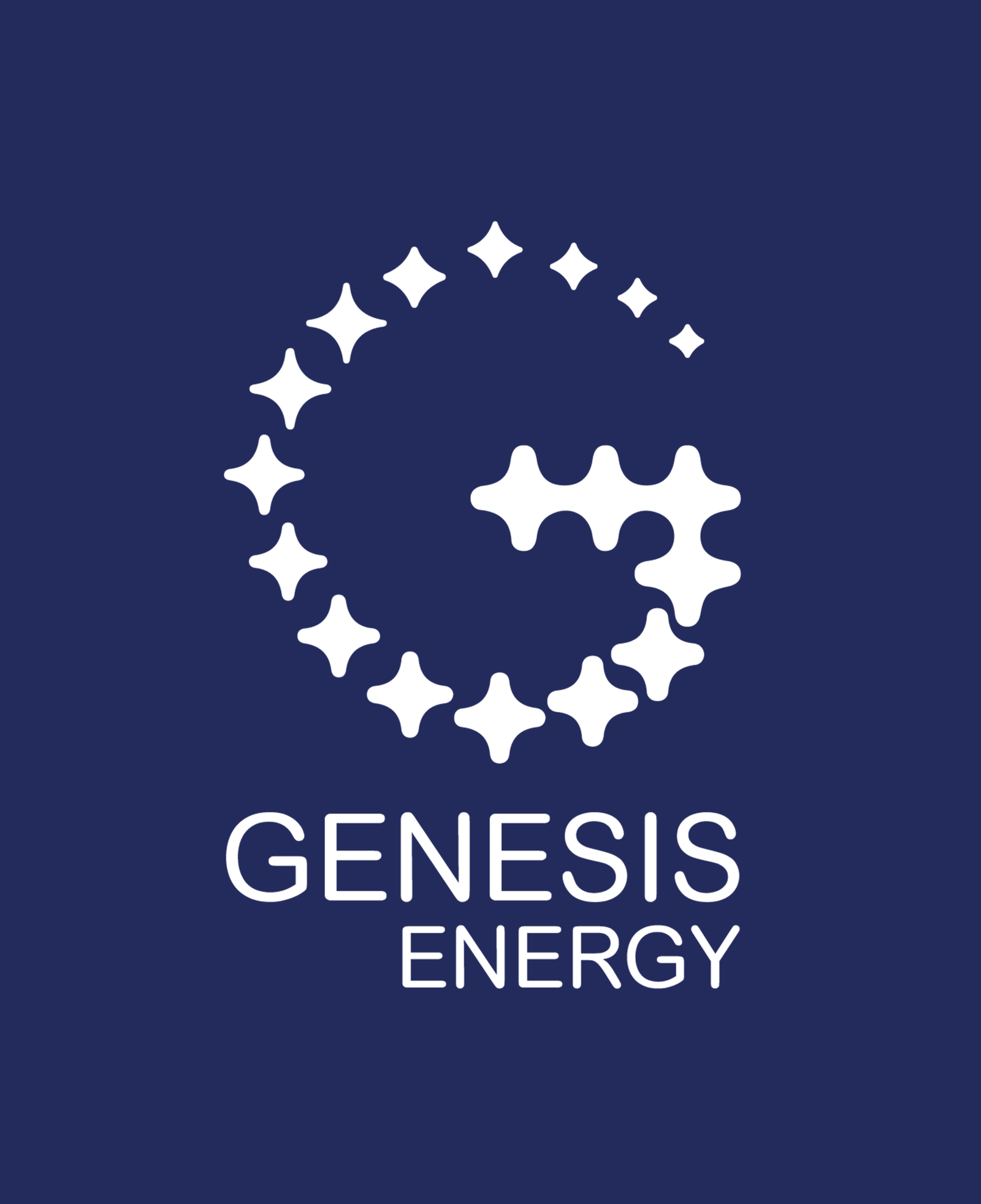A YouTube talk show titled UNLEASHED. THE GAME CHANGERS, hosted by Paola Diana, invited Genesis Energy Executive Chairman, Akinwole Omoboriowo II, for a conversation about entrepreneurship in the African energy sector. These are the highlights from the conversation.
Diana: You once said that you want to light up Africa one community at the time
Omoboriowo: That’s correct, that is our vision. If you rewind to 2005 when we came up with that vision statement in lighting up Africa one community at the time, power development as a commercial enterprise was not a business in the continent. The continent was primarily dominated by the public sector utility.
Since then, governments decided to consciously make the decision to find a way to attract private investment into that sector because, like most governments in Europe and America, the African government is focusing more on policy thrusts and microeconomic issues and allowing private businesses to drive commercial enterprises.
When we started out it was clear to us then that you had to “bite the elephant one piece at a time” because of the enormity of the electricity access problem, as well as the huge investment capital required to light up the continent. So, this meant taking a community, take an industry, a country and focus on it, structure the best source of energy for that country – if its gas, solar or hydro – and find a way to combine the factors of production to make that project viable to attract investment.
The first six years it was impossibly difficult for us and it was tedious but we persisted because we committed to our vision and we knew it was going to be tough from the get-go. Every dollar we had, we had to put into the business. We had to sell everything of value including “our shoes” to raise capital and for every revenue that we had, we were constantly reinvesting back into the power business because the structure to enable foreign investment in the past in Africa wasn’t there.
There were no laws in place to protect investors, the energy regulators that will ensure a very transparent well-organized sector were not there yet. In that respect, perhaps Nigeria is one of the first countries to move way ahead of the pack when the country enacted the law in 2005, called the Electricity Power Sector Reform Act “EPSRA”.
Diana: Did you help in this Act?
Omoboriowo: As a matter of fact, I moved my family down to Abuja in 2005 to focus in chasing up key enablers for the power sector, the EPSRA inclusive. That helped to speed things up, leading to our success. If we didn’t take the time to understand the business, take the time to be clear about the factors of production that were needed, if we didn’t understand the challenge that we were going to face because it’s really challenging. Even at the best of times with all the laws in place and with the industry evolving on a positive note in various countries in Africa, it’s still a very tedious business.
Diana: What keeps Genesis Energy invested in Africa’s energy market?
Omoboriowo: Less than half of the African population have access to a modern form of reliable electricity, bearing this in mind; for us as power developers, it’s both a passion and a commitment to the growth and development of our continent as well as a viable business enterprise.
We believe that what we do is the convergence between being opportunistic as a capitalist of course and at the same time being able to provide some measure of input into the socio-economic development of over 1.2 billion people so to that sense we get very artistic fulfilment.
Diana: Why are your headquarters in the UK and not close to operations in Africa?
Omoboriowo: We have investments in various countries in Africa and it’s so difficult to set your headquarters right in the middle of those operations because you lose strategic oversights. You become tactical to the specific local environment you are located, you get immersed by the day-to-day administration of the local subsidiary, and you become “lost” in endless operations issues, at the expense of other subsidiaries and or business units.
But when you are set out, you have the bird’s eye view. The set-up also gives the management teams of the various companies the room to grow and to operate outside of my physical presence.
Diana: Which African countries are you investing in the most?
Omoboriowo: We have a few countries where we are investing in. To date our biggest investment in Nigeria, perhaps we own one of the largest licensed commercial off-grid power businesses in the country. We also invest in other countries; DRC, Benin Republic, Rwanda, Zimbabwe, Senegal, Zambia and São Tomé.
Diana: What types of energy projects are you involved in?
Omoboriowo: Our projects are primarily clean power and they comprise gas-to-power, small hydro and solar energy. Recently we set up a small unit to focus on small hydro. Africa is blessed with thousands and thousands of miles of rivers and streams and these natural resources could be put to great use. However, there is the challenge of where the rivers or streams are located versus where the electricity consuming markets are. It’s a lot of hard work finding the optimum locations where you can put a small hydro project and where the customer bases are not so far away for mini-grid distribution. Otherwise, transmission becomes a challenge, the small size of the project is a challenge, and then the viability becomes questionable. Be that as it may, we remain committed to continuing to develop and structure viable small hydro projects where possible.

